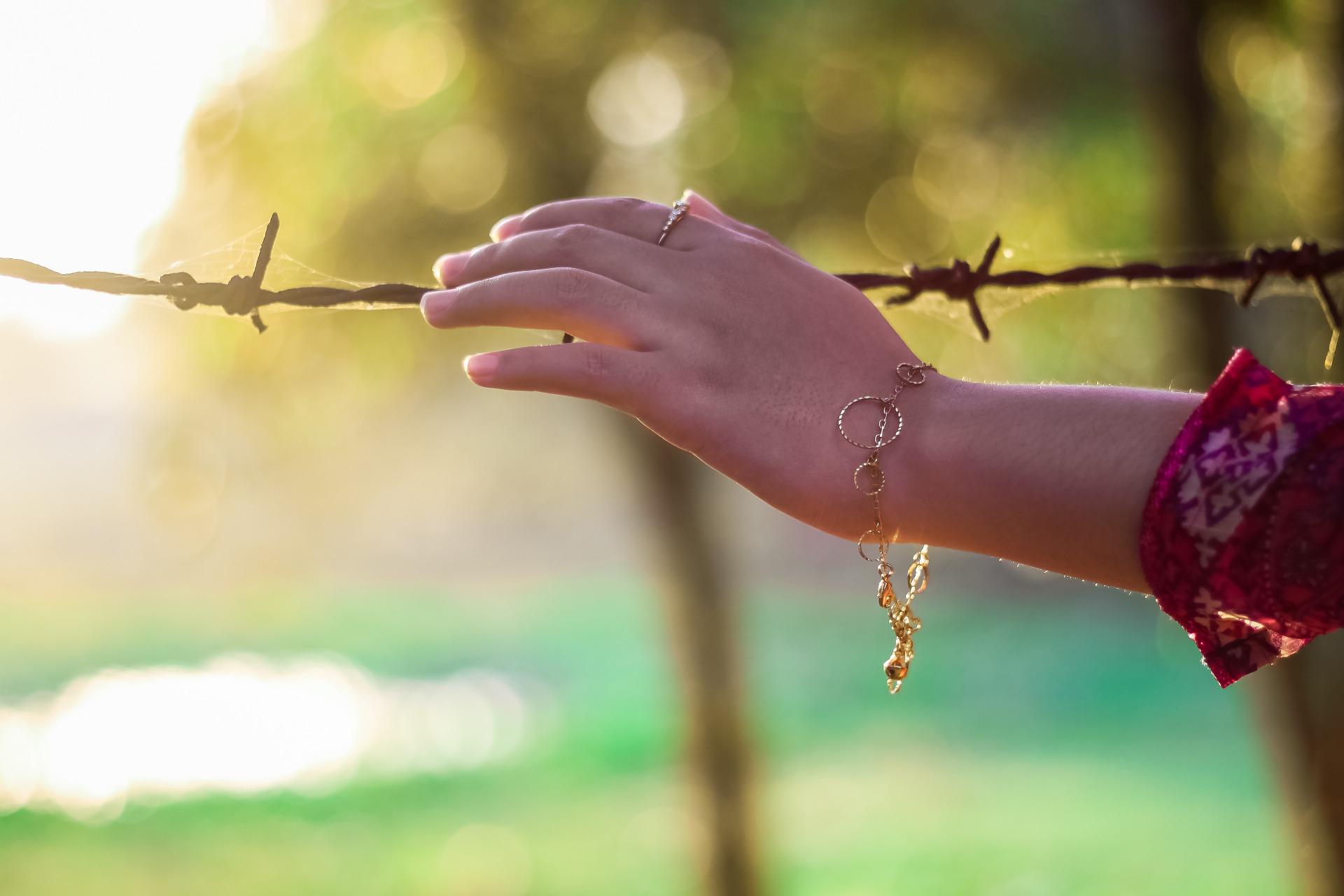Keeping yourself safe online
Last night's news once again highlighted the importance of online security, so in this week's edition, I am going to focus on ways to help keep you safe online.
1) Antivirus software is essential. It protects your computer (tablet / phone from programmes Hackers use to collect your secure information. Many computers now come with antivirus software installed. Use it, and make sure you keep it up to date. There is good free antivrus software available from AVG
2) Check before you share / post / circulate or click! If something seems too good to be true it probably is. Sharing the popular photos and quizzes on social media can actually help hackers access information about you, and give access to your accounts. The 'share and please help us find' posts are often fakes, as is almost every post about facebook security. Check it out on Snopes and only share if it is legitimate, or is your own post. Also, don't pressure friends into clicking / sharing / liking to show they care about you or believe in things. It's an unpleasant form of manipulation, at best, and at worst, can open them to data attacks.
Don't click on links in emails (even if they seem to come from your bank, or from a company you usually deal with) Rather go to the bank site through your web account, and that way you lesson your chances of giving your information to hackers. If you receive emails with bad grammar and spelling, that is a classic sign of a scam. Don't download attachments in emails from people you don't know - thay often contain viruses. Also, check the email address that sent it - is it really the company's usual address? Beware of the emails 'confirming your order' which offer you the chance to 'click here to cancel' That is often a way of collecting your log in information. Rather go to your account online through your usual site, and check that way to make sure no order has been placed.
3) Be careful what data you make available online - if it isn't online, people can't access it easily! I seldom use my real date of birth, unless I have to for legal reasons. Facebook needs to confirm you are over 13, but does not need your real date of birth so don't give it. Also, check your security settings on all social media, and make sure your address and email details are hidden to the general public. Never give out your bank account log in details - even your bank won't ask for this. Whatever you do, don't advertise your address, and then say you're on holiday - that's as good as inviting a thief into your home!
4) Use secure passwords: create your own formula for your passwords, so you have a password for every site that is easy to remember. Choose three separate pieces of information, one of which comes from the website. For example - 3 letters from the name of the website, a random word, and the first three digits of your phone number:
Random word + three letters from website + phone no = Pet+ fac+019 (Petfac019) for facebook. My twitter password would be Pettwi019.
This creates a complex password, that contains a capital letter, and numbers, and is easy to remember, but very hard to guess, and is complex enough to be secure. As long as you use the same formula, then you'll always know your password.
5) Check security settings on all accounts - make sure the only information that the public can see is limited, and only friends and family can see your email address, phone number, and contact information. If you need help, most sites offer plenty of support, or look on Youtube!
6) It's a good idea to Google your name regularly and see what information is publicly available about you. (Remember to type your name in inverted commas " " so Google searches the whole name.
7) Set up a separate bank account and email account for online activity. This helps keep it separate from your day to day activities. Use your Separate bank account for any online shopping, and link it to Paypal. Keep the balance low. This is a good way of limiting your losses, should your account be hacked.
A lot of online security is common sense - think about what information you would lock away for no one to see, leave lying around in your home, and what information you'd be happy to put on a noticeboard at work. If you don't mind it being on the work noticeboard, then it shouldn't matter too much if it's online.
Stay safe!
